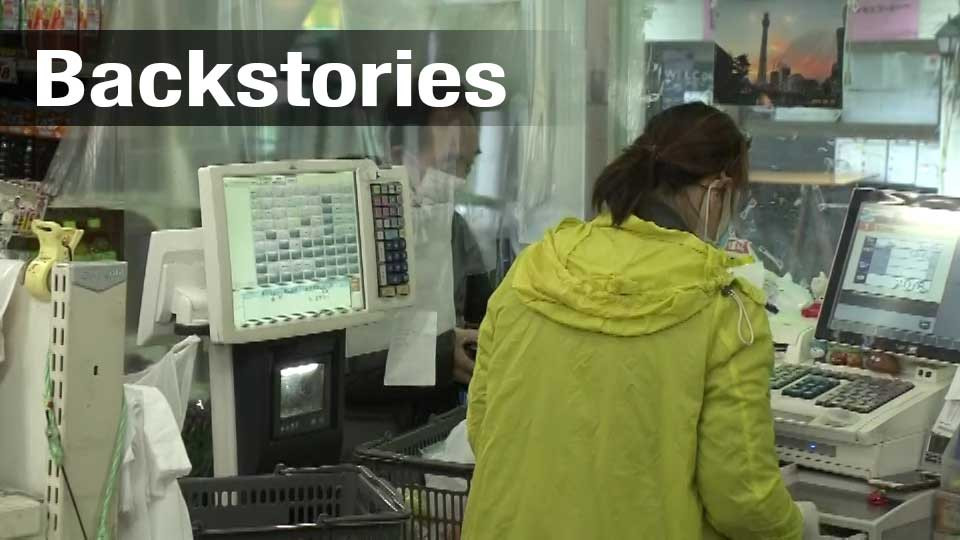Key workers at risk
Toei buses, run by the Tokyo Metropolitan Government, operate across Tokyo. In the first half of April, the number of passengers had dropped under the state of emergency by around 50 percent on weekdays since the same time last year.
Passengers board through the front door and must pass nearby the driver's seat. That's led many Toei staff to raise concerns about their proximity.
Public transportation workers around the world are known to be at high risk of infection. In London, at least 20 bus drivers have lost their lives to the coronavirus, while the US has seen multiple deaths at train and bus operators.
Tokyo Metropolitan Government's transportation bureau has been deploying new measures, such as plastic shields to protect drivers and blocking off the seats directly behind the cabin. It has also marked the floor to show passengers how to keep their distance.
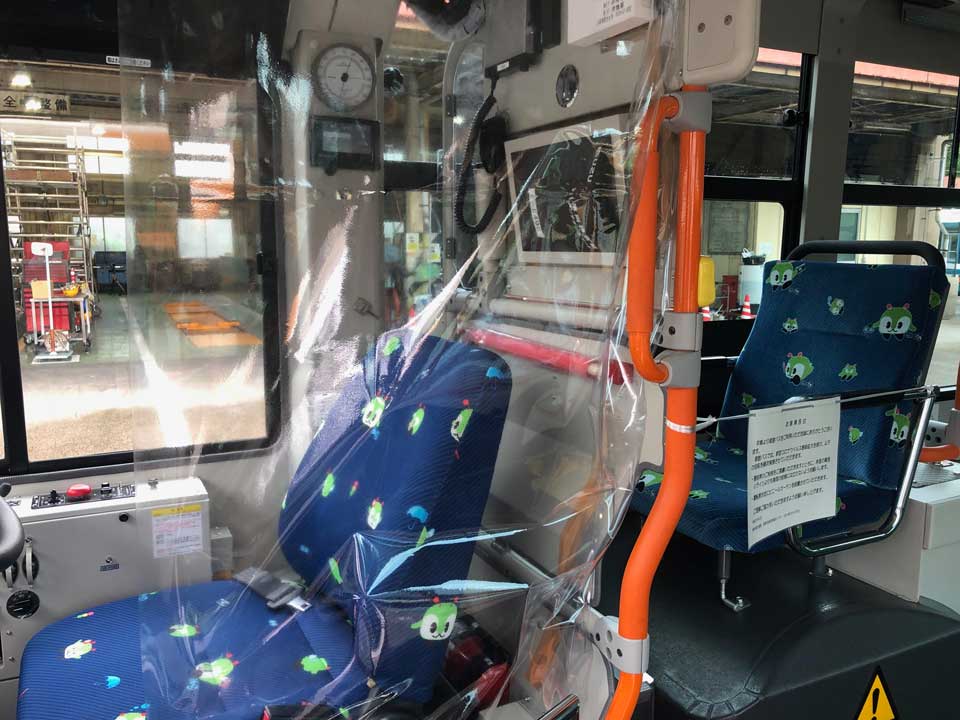
The risk to essential workers actually rose in some locations after the emergency was declared. One supermarket in Tokyo's Sumida Ward saw the number of shoppers increase by 30 percent.
Cashiers come into contact with shoppers most often, with each worker potentially handling more than 500 customers a day.
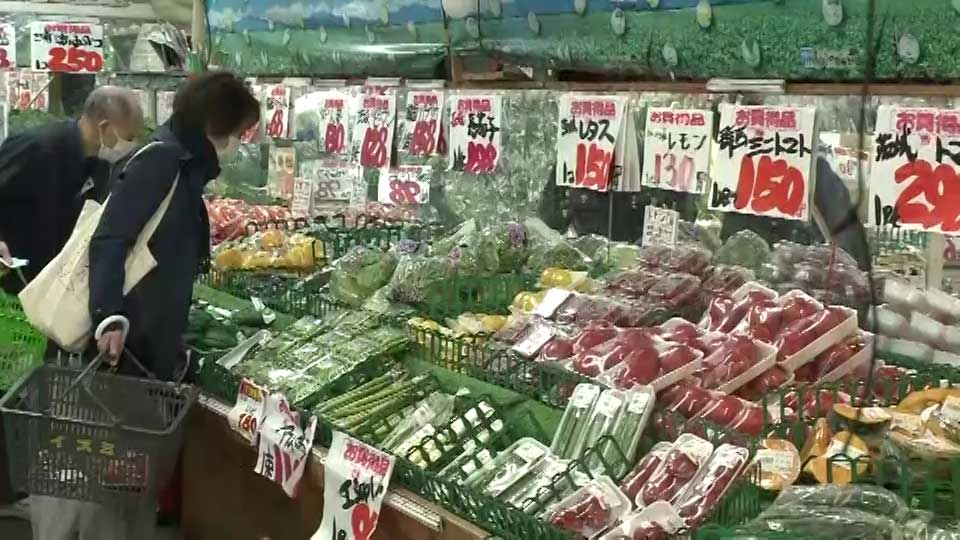
One cashier said she gets worried when she comes face to face with a customer who is not wearing a mask. She wants everyone to wear them, but some people just can't get hold of one due to the high demand.
In the US, the United Food and Commercial Workers International Union says at least 72 grocery, retail and meatpacking workers had died from the coronavirus as of late April.
Stores are now calling on customers to wear masks and are also using floor markings to indicate safe distances.
A labor union for people in Japan's retail and service sectors is being flooded with calls from supermarket workers, who not only fear being infected, but also face customer complaints, such as long lines, and people asking why no masks are available.
A union official says society must get involved in thinking about how the supermarket system can be supported.
Support efforts developing
Efforts to help have begun with private companies. Hotel producer Ryuzaki Shoko has launched a new project named "Hotel Shelter" to offer affordable rooms to people concerned about going home or who have nowhere to stay because of the pandemic. About 150 facilities across Japan have already signed up.
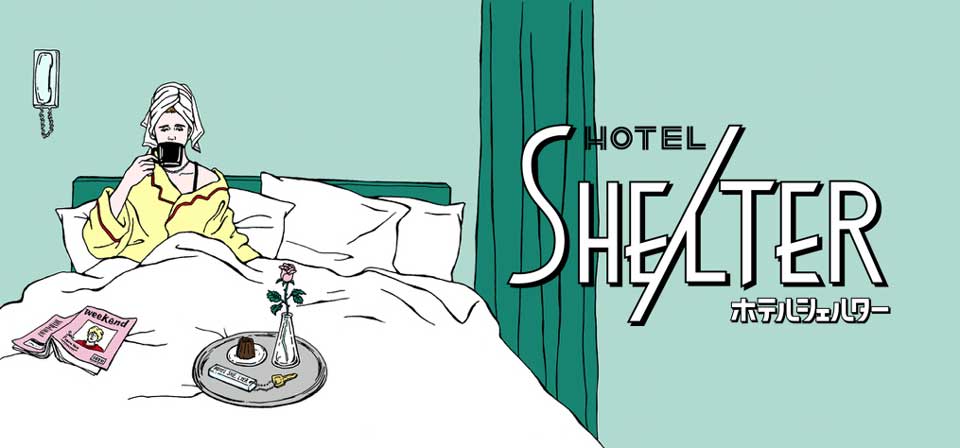
Participants offer discounts of 50 to 80 percent for those staying at least seven nights. Hotels need to follow guidelines that Ryuzaki compiled with an infectious disease specialist, which assume that customers are already infected. For example, the hotels process check-ins and check-outs remotely, and customers have to bag up their towels and sheets themselves for laundry staff.
In the first two days since the announcement of the project, about 500 customers made reservations. Ryuzaki says most of them are essential workers concerned about spreading the virus to their families.
Ryuzaki says a "stay at home" policy is unrealistic for many workers. She says while the government is occupied with other matters, she wants to create a new system to meet people's needs, emphasizing that hotel staff themselves are also essential workers.
Showing appreciation
Japanese society has begun to show its appreciation for essential workers, just as in other countries.
Structures like Tokyo Tower have been illuminated with thank-you messages through an initiative by the All-Japan Tower Association.
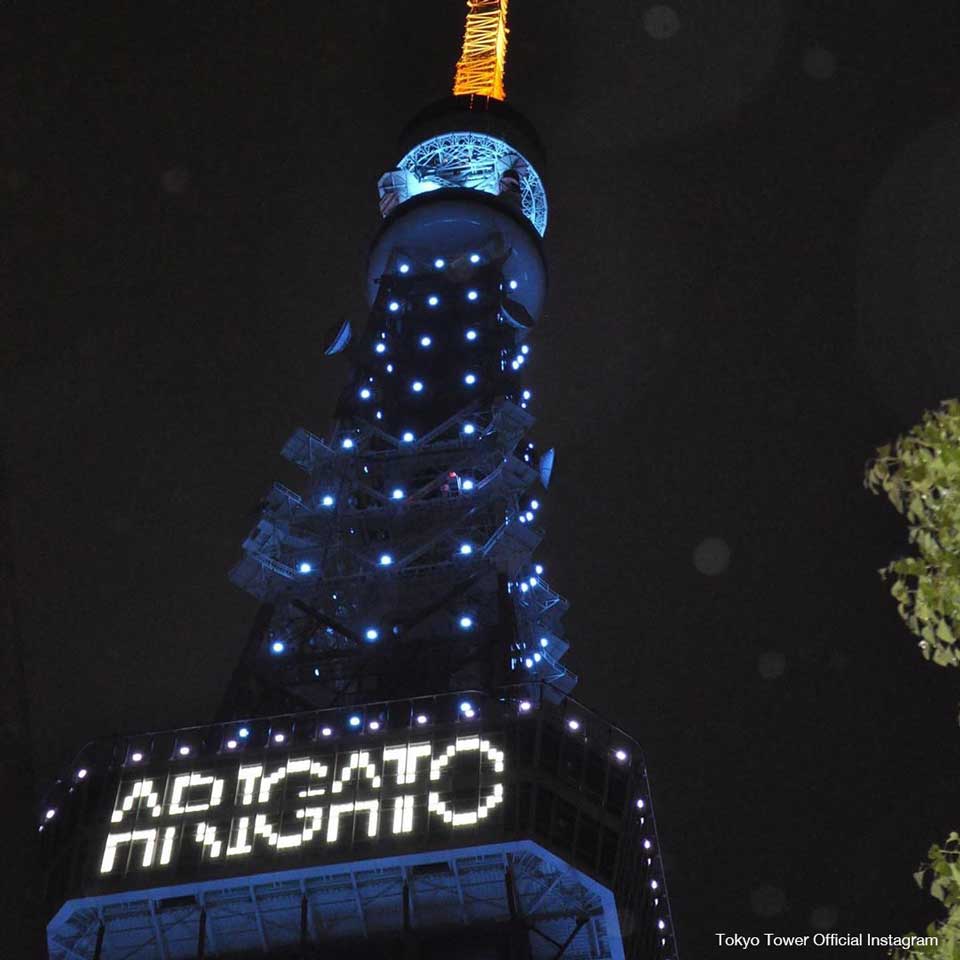
Twitter posts with a Japanese hashtag thanking essential workers have been spreading, but people realize there's still a way to go.
Many tweets say things such as, "We must do more than giving a round of applause," or "governments and administrations need to do more to help essential workers."
The two sides of the discussion make it clear that the need for greater support is becoming increasingly urgent in the battle against the coronavirus.
